Daftar was inspired by a trip taken by Suleman Fatimie, the space’s founder after a trip to New York City when he visited a friend’s space in the city. 7 months ago, Daftar opened its doors and since then the waiting list has grown while also inspiring a wave of socially oriented projects.
We caught up with Syed Kamal to learn more about the future of coworking in Afghanistan.
Hi, Syed Kamal. Can you tell us a bit about what kind of community you have grown so far and are they mostly freelance or do they work for established companies?
Mostly they are working for companies, who don’t have an established office. They are new businesses and startups that tried to work at home or in other spaces, but they were in need of a more sophisticated work environment. Of course, we want to cater to freelancers and even foreigners, but that will take some time for us to generate that type of community.
Tell us about the clients you have so far and is there much demand for the space?
In the coworking space, we have several clients. We have members from the Microsoft the others we have Environment Watch Afghanistan (EWA), a social movement started in Kabul environmental issues, we have founder’s institute businesses and starts ups to function in Kabul they provide advice we have given the desk and we have graphics branding technology for the Center for excellence. We also have given space, free of charge, to the Kabul model of united nations which we provide them space for free.
What are some of the challenges startups and freelancers face? And, how can coworking help them overcome these obstacles?
There are few reasons that workers need to find a space where they can work in peace, which isn’t readily available in Afghanistan. Daftar provides much needed professional amenities, such as a fully equipped space, which is also a very secure office.
In addition to the physical space, we are all professionals who have been running the ACE for the 3 ½ years, we can also offer much-needed advice to our clients along the way, helping them to grow their business and customer base.
What can you say about the security in Kabul?
Security is a big concern for many professionals in Afghanistan, especially when you are in the initial growth stages. Offering a secure physical space is essential for young business and entrepreneurs in order for them to host their clients as well as meetings.
We always make sure to keep a low profile to ensure a safe and professional environment. And since security is so important, it is also part our competitive edge, allowing our members the freedom do business smoothly and professionally.
Do you think coworking could help relieve some of the stresses caused by job losses and financial strains in your country?
Unemployment is high and as result freelancing and startups are something people are starting to explore. I wouldn’t say that everyone is exploring freelancing but many of them are because they have no other way. Another problem is that currently our government is not very structured and while there could be employment opportunities available, it could take another 5 years for people to actually get hired.
In terms of relieving these stresses, I would also say that coworking can give people the chance to reach global markets, I can tell you people are interested, and they get a chance to connect and grow through digital communities.
As coworking is quite new in Afghanistan, what was the initial response to the space?
Trust in Afghanistan is a big part of working together. Many businesses are family based, so it’s all interconnected, and much of the trust built is through face to face interactions. At the Center for Excellence our team is established and very well known in the community, so people know that we are trustworthy.
A major challenge for freelancers is that their idea might be taken from them, as is common when people are introduced to new styles of working and collaboration. As we are known to support individual and intellectual rights, we make freelancers feel safe and supported. Thus, as a result, the response to Daftar has been great. And, we can see now from emails and requests that people are more and more interested. The trust is there and it’s mainly because we built a trustworthy hands-on community. This local connection has also helped the word spread internationally.
Do you expect more coworking spaces to pop up now that you have laid the foundation?
I don’t see any immediate competition in the future. In Kabul, maintaining security and space can be expensive, and people would have to pay around 600 per month. We currently offer space for around 175 a month.
We have also offer our community a certain exclusivity. We allow them to work together, sit together creating their own community, but at the same time, we are always available to help. In this way, we are only of the only workspaces that make room for this type of organic professional growth.
In the future would you be willing to collaborate with other spaces, or offer them advice?
Yes, we absolutely believe in growing with others in whatever way we can. Our knowledge is still in the early stages, but the idea to start a coworking space was already there 2 years ago.
We believe in constructive competition, and if a project will have a positive impact we are always willing to help. Some advice that we could already offer is helping other space identify their market and locations. In our space, we support out members and provide them space, while also giving them the chance to become out clients. This experience has given us experience in providing strategic resources and we understand that business in Afghanistan needs that information in order to expand their opportunities.
Do you see coworking as a platform that could push for positive change in Afghanistan?
I would say Afghanistan is new to a few things. There are so many issues within the country that it can be difficult for professional to have access to opportunities and the coworking space model is still developing here. But, we actually already see that social initiatives are taking place in a big way.
For example, we have one client working on environmental issues and they had an open call for everyone to participate in the event, which was a social gathering focused on discussing how can we conserved water, electricity, air pressure, and everyone was discussing the issues and everyone was contributing. It was wonderful to see. We also were joined by media and several civil society organizations.
How important is social responsibility for Daftar?
We are of course business, but we believe deeply in social responsibility and I happy to say our clients and model allows for social change. We see a lot of giving back to society.
We offer one of our clients, the Kabul model of United Nations, space free of charge, and this also contributes to our community as we have the privilege of being a part of such positive social movements We see the future value in offering services that don’t necessarily have to generate profit right away.
We also have an initiative that called “Don’t let good food go to waste” where we go to wedding halls who at as our social partners and when there is a wedding we go and take the good food which is healthy and fresh and used by the guests and we take them this food to the less privileged community in Kabul. We have been doing this for the past 5 months. In addition to that project, we have a similar one, which is a winter initiative aimed to help the less privileged, especially for those who run their business on the streets, where we bring warm clothing. There are all projects that we believe in giving back to the socially and creating a like-minded community that will grow and be sustainable in the future.

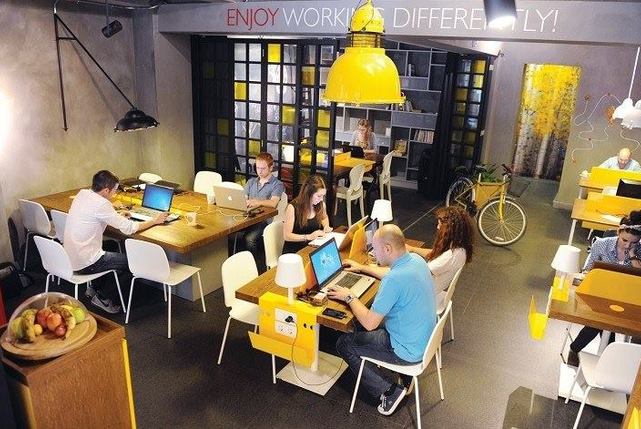
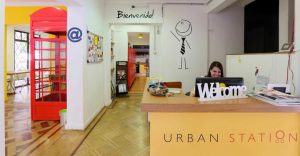
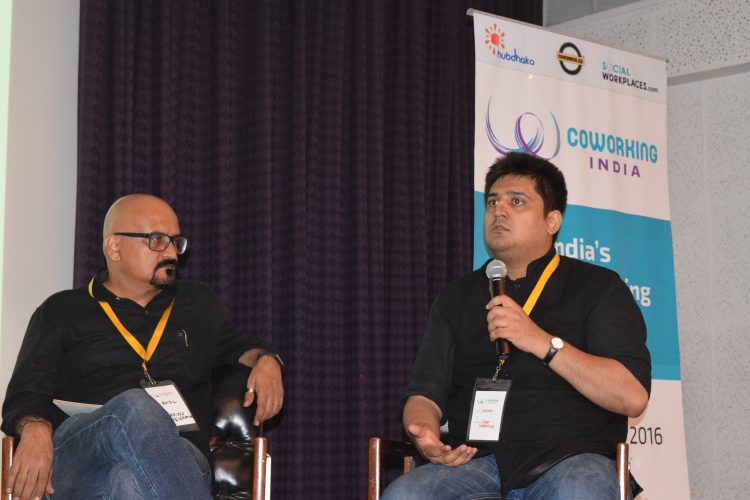

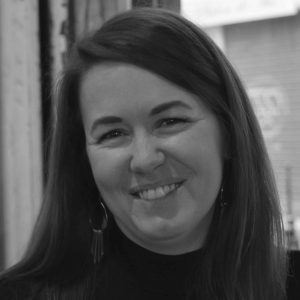

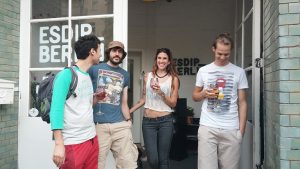
Recent Comments